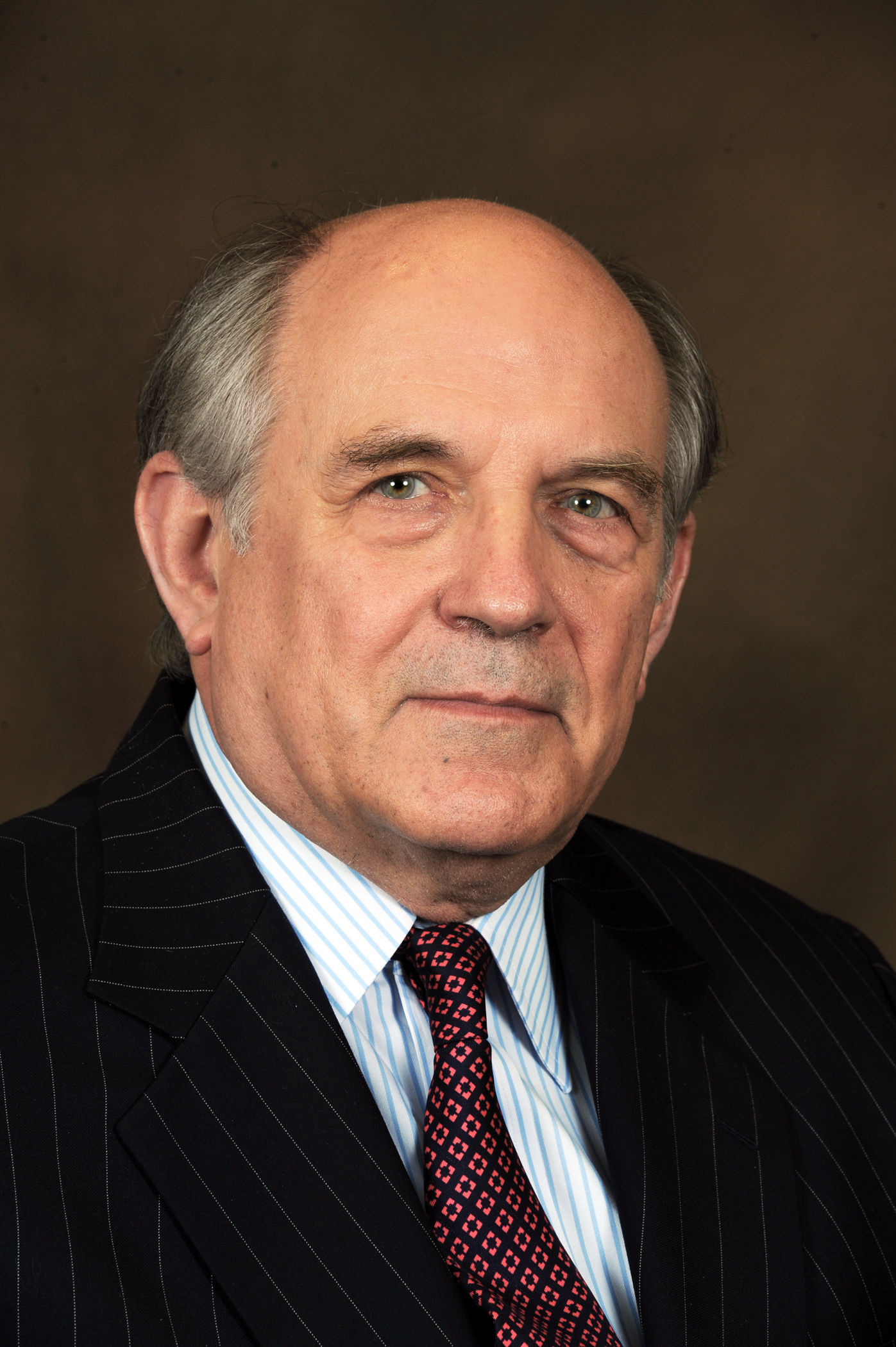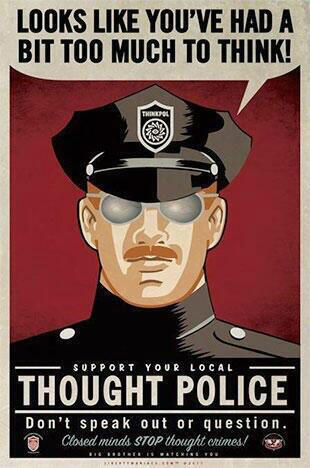The following is excerpted from a classic in New Testament studies, Albert Schweitzer’s The Quest of the Historical Jesus, published in 1906: a scholarly yet readable introduction to the field of NT studies from a modern viewpoint. Schweitzer’s second chapter is titled “Hermann Samuel Reimarus”:

“Von dem Zwecke Jesu und seiner Junger.” Noch ein Fragment des Wolfenbuttelschen Ungenannten. Herausgegeben von Gotthold Ephraim Lessing. Braun- schweig, 1778, 276 pp. (The Aims of Jesus and His Disciples: A further Instalment of the anonymous Woltenbiittel Fragments. Published by Gotthold Ephraim Lessing. Brunswick, 1778.)
Before Reimarus, no one had attempted to form a historical conception of the life of Jesus. Luther had not so much as felt that he cared to gain a clear idea of the order of the recorded events. Speaking of the chronology of the cleansing of the Temple, which in John falls at the beginning, in the Synoptists near the close, of Jesus’ public life, he remarks: “The Gospels follow no order in recording the acts and miracles of Jesus, and the matter is not, after all, of much importance. If a difficulty arises in regard to the Holy Scripture and we cannot solve it, we must just let it alone.”
When the Lutheran theologians began to consider the question of harmonising the events, things were still worse. Osiander (1498-1552), in his “Harmony of the Gospels,” maintained the principle that if an event is recorded more than once in the Gospels, in different connexions, it happened more than once and in different connexions. The daughter of Jairus was therefore raised from the dead several times; on one occasion Jesus allowed the devils whom He cast out of a single demoniac to enter into a herd of swine, on another occasion, those whom He cast out of two demoniacs; there were two cleansings of the Temple, and so forth. The correct view of the Synoptic Gospels as being interdependent was first formulated by Griesbach.
Thus there had been nothing to prepare the world for a work of such power as that of Reimarus. It is true, there had appeared earlier, in 1768, a Life of Jesus by Johann Jakob Hess (1741-1828), written from the standpoint of the older rationalism, but it retains so much supernaturalism and follows so much the lines of a paraphrase of the Gospels, that there was nothing to indicate to the world what a master-stroke the spirit of the time was preparing.
Not much is known about Reimarus. For his contemporaries he had no existence, and it was [David Friedrich] Strauss who first made his name known in literature. He was born in Hamburg on the 22nd of December, 1694, and spent his life there as a professor of Oriental Languages. He died in 1768. Several of his writings appeared during his lifetime, all of them asserting the claims of rational religion as against the faith of the Church; one of them, for example, being an essay on “The Leading Truths of Natural Religion.” His magnum opus, however, which laid the historic basis of his attacks, was only circulated, during his lifetime, among his acquaintances, as an anonymous manuscript.
In 1774 Lessing began to publish the most important portions of it, and up to 1778 had published seven fragments, thereby involving himself in a quarrel with Goetze, the Chief Pastor of Hamburg. The manuscript of the whole, which runs to 4000 pages, is preserved in the Hamburg municipal library.
The following are the titles of Fragments which he published:
• The Passing of the Israelites through the Red Sea
• Showing that the books of the Old Testament were
not written to reveal a Religion
• Concerning the story of the Resurrection
• The Aims of Jesus and His Disciples
The monograph on the passing of the Israelites through the Red Sea is one of the ablest, wittiest, and most acute which has ever been written. It exposes all the impossibilities of the narrative in the Priestly Codex.
To say that the fragment on “The Aims of Jesus and His Disciples” is a magnificent piece of work is barely to do it justice. This essay is not only one of the greatest events in the history of criticism, it is also a masterpiece of general literature. The language is as a rule crisp and terse, pointed and epigrammatic—the language of a man who is not “engaged in literary composition” but is wholly concerned with the facts. At times, however, it rises to heights of passionate feeling, and then it is as though the fires of a volcano were painting lurid pictures upon dark clouds. Seldom has there been a hate so eloquent, so lofty a scorn; but then it is seldom that a work has been written in the just consciousness of so absolute a superiority to contemporary opinion. And withal, there is dignity and serious purpose; Reimarus’ work is no pamphlet. This was the first time that a really historical mind, thoroughly conversant with the sources, had undertaken the criticism of the tradition.
[Editor’s note: Because the Christians destroyed all copies of Porphyry’s book, we don’t really know if Porphyry’s anti-Christian polemic was also “thoroughly conversant with the New Testament sources.” From a few fragments discovered by the end of the 20th century I believe it was. One could barely imagine the revolution in thought that could have occurred since the later phases of the Roman Empire and the Early Middle Ages had Porphyry’s biblical criticism been allowed to survive 1,300 years before Reimarus…]
It was Lessing’s greatness that he grasped the significance of this criticism, and felt that it must lead either to the destruction or to the recasting of the idea of revelation. He recognised that the introduction of the historical element would transform and deepen rationalism. Convinced that the fateful moment had arrived, he disregarded the scruples of Reimarus’ family and the objections of Nicolai and Mendelssohn, and, though inwardly trembling for that which he himself held sacred, he flung the torch with his own hand.
Reimarus takes as his starting-point the question regarding the content of the preaching of Jesus. “We are justified,” he says, “in drawing an absolute distinction between the teaching of the Apostles in their writings and what Jesus Himself in His own lifetime proclaimed and taught.” What belongs to the preaching of Jesus is clearly to be recognised. It is contained in two phrases of identical meaning, “Repent, and believe the Gospel,” or, as it is put elsewhere, “Repent, for the Kingdom of Heaven is at hand.”
Jesus shared the Jewish racial exclusiveness wholly and unreservedly. According to Matt. x. 5 He forbade His disciples to declare to the Gentiles the coming of the Kingdom of God. Evidently, therefore, His purpose did not embrace them. Had it been otherwise, the hesitation of Peter in Acts x. and xi., and the necessity of justifying the conversion of Cornelius, would be incomprehensible.
Baptism and the Lord’s Supper are no evidence that Jesus intended to found a new religion. In the first place the genuineness of the command to baptize in Matt. xxviii. 19 is questionable, not only as a saying ascribed to the risen Jesus, but also because it is universalistic in outlook, and because it implies the doctrine of the Trinity.
The “Lord’s Supper,” again, was no new institution, but merely an episode at the last Paschal Meal of the Kingdom which was passing away, and was intended “as an anticipatory celebration of the Passover of the New Kingdom.” A Lord’s Supper in our sense, “cut loose from the Passover,” would have been inconceivable to Jesus, and not less so to His disciples. Miracles have no basis in fact, but owe their place in the narrative to the feeling that the miracle-stories of the Old Testament must be repeated in the case of Jesus, but on a grander scale. It is useless to appeal to the miracles, any more than to the “Sacraments,” as evidence for the founding of a new religion…
For popular uprising, however, He waited in vain. Twice He believed that it was near at hand. The first time was when He was sending out the disciples and said to them: “Ye shall not have gone over the cities of Israel before the Son of Man comes” (Matt. x. 23). He thought that, at the preaching of the disciples, the people would flock to Him from every quarter and immediately proclaim Him Messiah; but His expectation was disappointed. The people in Jerusalem refused to rise, as the Galilaeans had refused at the time when the disciples were sent out to rouse them.
All this implies that the time of the fulfilment of these hopes was not thought of by Jesus and His disciples as at all remote. In Matt. xvi. 28, for example, He says: “Truly I say unto you there are some standing here who shall not taste of death, till they see the Son of man coming in his kingdom.” There is no justification for twisting this about or explaining it away. It simply means that Jesus promises the fulfilment of all Messianic hopes before the end of the existing generation.
Thus the disciples were prepared for anything rather than that which actually happened. Jesus had never said a word to them about His dying and rising again, otherwise they would not have so played the coward at His death, nor have been so astonished at His “resurrection.” The three or four sayings referring to these events must therefore have been put into His mouth later, in order to make it appear that He had foreseen these events in His original plan.
Inasmuch as the non-fulfilment of its eschatology is not admitted, our Christianity rests upon a fraud.
Such is Reimarus’ reconstruction of the history. We can well understand that his work must have given offence when it appeared, for it is a polemic, not an objective historical study. But we have no right simply to dismiss it in a word, as a Deistic production, as Otto Schmiedel, for example, does; it is time that Reimarus came to his own, and that we should recognise a historical performance of no mean order in this piece of Deistic polemics. His work is perhaps the most splendid achievement in the whole course of the historical investigation of the life of Jesus, for he was the first to grasp the fact that the world of thought in which Jesus moved was essentially eschatological.
In the light of the clear perception of the elements of the problem which Reimarus had attained, the whole movement of theology, down to Johannes Weiss, appears retrograde. In all its work the thesis is ignored or obscured that Jesus, as a historical personality, is to be regarded, not as the founder of a new religion, but as the final product of the eschatological and apocalyptic thought of Late Judaism. Every sentence of Johannes Weiss’s Die Predigt Jesu vom Reiche Gottes (1892) is a vindication, a rehabilitation, of Reimarus as a historical thinker.
Even so the traveller on the plain sees from afar the distant range of mountains. Then he loses sight of them again. His way winds slowly upwards through the valleys, drawing ever nearer to the peaks, until at last, at a turn of the path, they stand before him, not in the shapes which they had seemed to take from the distant plain, but in their actual forms. Reimarus was the first, after eighteen centuries of misconception, to have an inkling of what eschatology really was.
The sole mistake of Reimarus—the assumption that the eschatology was earthly and political in character. Thus theology shared at least the error of the man whom it knew only as a Deist, not as an historian, and whose true greatness was not recognised even by Strauss, though he raised a literary monument to him.
The solution offered by Reimarus may be wrong; the data of observation from which he starts out are, beyond question, right, because the primary datum of all is genuinely historical. He recognised that two systems of Messianic expectation were present side by side in Late Judaism. But what matters the mistake in comparison with the fact that the problem was really grasped?
The attitude of Jesus towards the law, and the process by which the disciples came to take up a freer attitude, was grasped and explained by him so accurately that modern historical science does not need to add a word, but would be well pleased if at least half the theologians of the present day had got as far.
Further, he recognised that primitive Christianity was not something which grew, so to speak, out of the teaching of Jesus, but that it came into being as a new creation, in consequence of events and circumstances which added something to that preaching which it did not previously contain; and that Baptism and the Lord’s Supper, in the historical sense of these terms, were not instituted by Jesus, but created by the early Church on the basis of certain historical assumptions.
Still more remarkable is his eye for exegetical detail. He has an unfailing instinct for pregnant passages like Matt. x. 23, xvi. 28, which are crucial for the interpretation of large masses of the history. The fact is there are some who are historians by the grace of God, who from their mother’s womb have an instinctive feeling for the real. They follow through all the intricacy and confusion of reported fact the pathway of reality, like a stream which, despite the rocks that encumber its course and the windings of its valley, finds its way inevitably to the sea. No erudition can supply the place of this historical instinct, but erudition sometimes serves a useful purpose, inasmuch as it produces in its possessors the pleasing belief that they are historians, and thus secures their services for the cause of history.
In truth they are at best merely doing the preliminary spade-work of history, collecting for a future historian the dry bones of fact, from which, with the aid of his natural gift, he can recall the past to life. More often, however, the way in which erudition seeks to serve history is by suppressing historical discoveries as long as possible, and leading out into the field to oppose the one true view an army of possibilities. By arraying these in support of one another it finally imagines that it has created out of possibilities a living reality. This obstructive erudition is the special prerogative of theology, in which, even at the present day, a truly marvellous scholarship often serves only to blind the eyes to elementary truths.
Reimarus’ work was neglected, and the stimulus which it was capable of imparting failed to take effect. He had no predecessors; neither had he any disciples. His work is one of those supremely great works which pass and leave no trace, because they are before their time; to which later generations pay a just tribute of admiration, but owe no gratitude.
Thus the magnificent overture in which are announced all the motifs of the future historical treatment of the life of Jesus breaks off with a sudden discord, remains isolated and incomplete, and leads to nothing further.
 Yes: most wiki editors are real goners and we know it is useless trying to discuss with them. The Judeo-liberal trick of their site lies in what they call the “reliable sources” policy, which means that you cannot quote alternative media or even the intellectuals, scholars and historians that the anti-white establishment marginalizes. While trying to edit wiki articles you got to stick to the sources that had obtained the System’s imprimatur, especially articles dealing with race, ethnic conflict or the subversive tribe.
Yes: most wiki editors are real goners and we know it is useless trying to discuss with them. The Judeo-liberal trick of their site lies in what they call the “reliable sources” policy, which means that you cannot quote alternative media or even the intellectuals, scholars and historians that the anti-white establishment marginalizes. While trying to edit wiki articles you got to stick to the sources that had obtained the System’s imprimatur, especially articles dealing with race, ethnic conflict or the subversive tribe.








